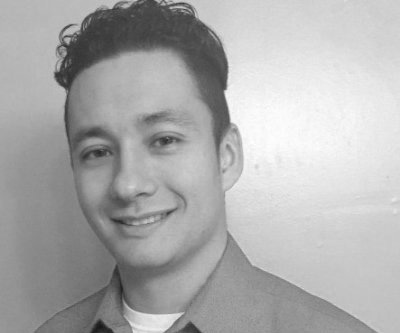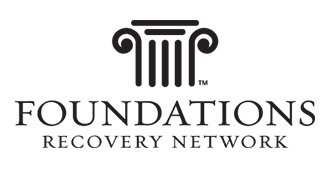Anxiety is one of the most common side effects of recovery. Not only will you likely experience it during early recovery, you may suffer from long-term anxiety including panic attacks, social anxiety, and general anxiety.
While anxiety is a normal side effect of your body adjusting to life without substances, it can be difficult and painful to go through. In addition, because stresses on the body, such as anxiety, are one of the most common causes of relapse, it is crucial that you are able to cope so that you can continue your recovery.
If you are experiencing anxiety, try out these tips to help reduce it during your recovery:
Stop and Recognize Stress Triggers – Stress and anxiety are triggered by events just like anything else. Take some time to write down what happens to you and try to connect anxiety to a specific event. While anxiety in early recovery is likely just a result of your withdrawal, anxiety after this period may be caused by your lifestyle, friends, family, cravings, or any number of other events. If you know what is causing anxiety, you can take steps to correct it, learn to cope better, or to avoid it.
Exercise – Exercise is a crucial part of recovery because it helps you to naturally de-stress while improving your mood, physical health, and the balance of chemicals in the brain. Exercise actually creates neurotransmitters like dopamine and serotonin (the same responsible for the 'high' produced by most substances) in the brain, which reduces cravings, reduces anxiety and depression, and overall just makes you feel good. If you're feeling anxious, try to get at least 30 minutes of exercise in per day.
Eat Well – Did you know that nutrition affects anxiety? While not the sole cause, nutrient deficiencies can directly cause stress and anxiety, which make it more difficult for you to recover. For example, if you are low on amino acids, the nutrient deficiency may be directly contributing to your anxiety. Try to eat a balanced diet, eat plenty of different types of vegetables, and make sure that at least half of every plate is a lean protein or vegetable.
Meditate – Meditation, mindfulness, or similar activities such as yoga and tai chi can help you to manage anxiety and reduce it. Each of these activities is dramatically different, but each focuses on teaching you to focus on the activity you are doing instead of thinking, to control your breathing, and to learn discipline which can help to reduce anxiety. Mindfulness based stress reduction is a medically recognized method for reducing stress and anxiety. You can practice mindfulness based stress reduction by participating in a class, taking an approved course through a therapist, or studying on your own.
See a Doctor – While there are many ways to prevent anxiety attacks without medication, it is crucial that you get a professional medical opinion. If your anxiety stems from a comorbid disorder, trauma such as PTSD, or directly from withdrawal symptoms, you may need medical guidance to get over it. Talk to your doctor about your anxiety, your non-medication options, and what is right for your health before making any decisions.
Struggling with anxiety can be difficult, especially if you are working to maintain your recovery at the same time. Hopefully this advice will help you handle your anxiety so that you can stay on track.
Have any other tips to ease your anxiety in earley recovery? Please share on Twitter at @SoberChi!
About the Author

Trevor McDonald
Trevor is a freelance writer and recovering addict & alcoholic whose been clean and sober for over 5 years. Since his recovery began he has enjoyed using his talent for words to help spread treatment resources and addiction awareness. In his free time, you can find him working with recovering addicts or outside enjoying about any type of fitness activity imaginable.







COMMENTS